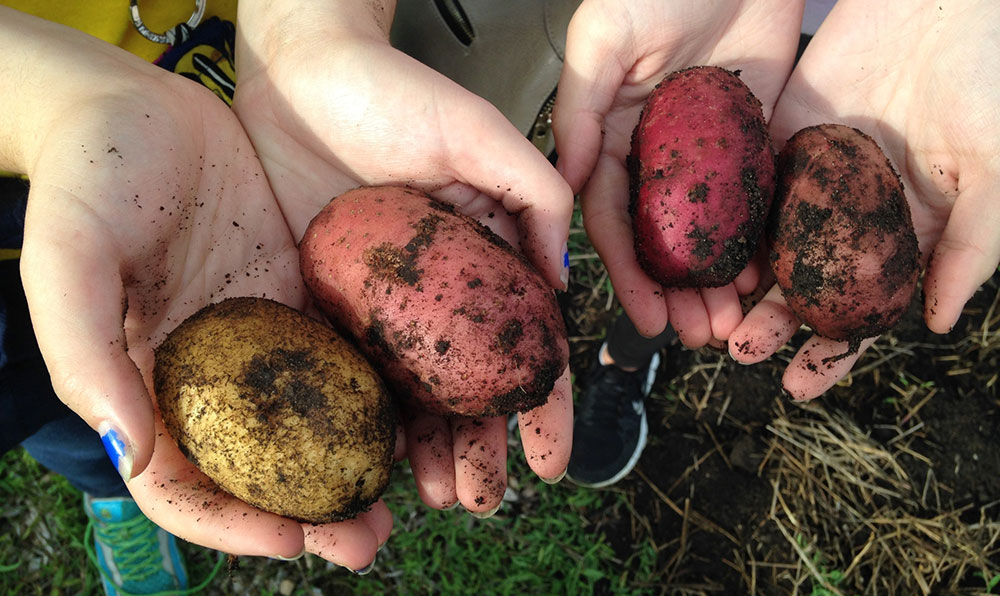Check out these ideas for how to live, learn and work sustainably on campus. Big or small, your actions add up—so try one of these tips today!
Energy & Emissions
- Turn off the lights. So basic—yet so effective!
- Set your thermostat between 68-76°F.
- Close the windows when you leave.
- Energy Star identifies energy-efficient products and other ways to save energy—and money!
- Check out a Kill A Watt© device from the U-M library to see how much energy your devices use.
- Leave space around radiators and vents. If they are blocked, the system may run more frequently to achieve the desired temperature.
- Learn how to minimize the carbon footprint of events, such as by hosting a virtual event.
- For lab tips, see Lab Energy.
- For U-M staff:
- Swap out inefficient and expensive desktop printers for a multi-function printer and copier with these tips.
- Consider installing motion sensors.
- Temperature concerns? Here’s how to troubleshoot!
Transportation
- Ride the bus, ride a bike, carpool, walk—there are lots of options to reduce the environmental impact of getting around. Check out U-M’s alternative transportation resources.
- Estimate travel-related emissions and choose lower-impact modes where possible.

Waste Reduction
- Give a little love to the first step in the time-honored saying “Reduce, Reuse, Recycle.” Buy in bulk to reduce packaging, bring a reusable bag, use a reusable mug, and ask yourself before making a purchase whether you really need it.
- Know where to throw! It’s important to place items in the right bin because contamination can cause an entire batch of recycling or compost to be landfilled.
- Make your next event zero waste.
- Visit Property Disposition and local thrift shops or browse online marketplaces for used items.
- For U-M staff:
- Check out our sustainable kitchen tips.
- If you’re using compostable disposables, switch to reusable dishes, utensils, etc.
- Start composting in your office kitchen.
- Host a Green Clean Day.
- Minimize the impact of office supplies.
- For lab tips, see Lab Waste.
- Be familiar with regulated recycling, campus items that must be recycled such as batteries, bulbs, and U-M electronics.
Protect the Huron River Water Quality
- Don’t put anything except water down storm drains, which carry storm water to local waterways. That means no motor oil, detergents, litter, or fertilizers.
- Keep an eye out for fluid leaks from your car and address any that arise.
- Pick up after your pet. Pet waste is raw sewage.
- Report on-campus spills or dumping to DPSS.

Sustainable Food
- Purchase local food at farmers markets (such as the M Farmers Markets).
- Choose from a wide variety of plant-forward, vegetarian, and vegan options at campus dining halls, cafes, and markets.
- Check out our sustainable kitchen tips for sustainable options for your staff break room.
- When ordering catering, ask about low-carbon, local, and/or in-season options and choose plant-forward menus.
Everything Else
- For U-M staff: consult U-M’s sustainable purchasing guide to buy items that are environmentally preferable.
- Sustainable Computing provides advice on energy efficiency, print reduction, and e-waste recycling.
- Make your next phone, computer, or TV a greener pick by consulting the EPEAT ratings from the Consumer Electronics Council.


